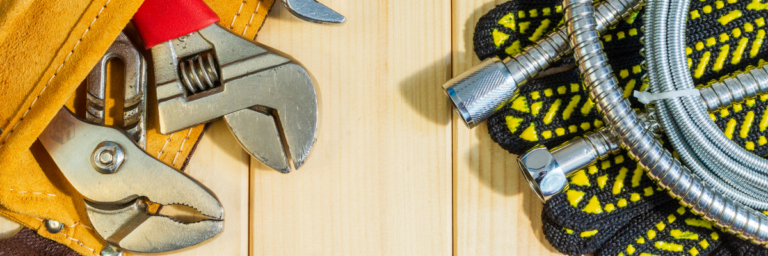Choosing the Best Surface for Your Home
When it comes to upgrading your outdoor or indoor surfaces, both Jewel Stone and traditional concrete offer durability and style. But which one is the better choice for your specific needs? While traditional concrete is known for its strength and affordability, Jewel Stone offers a luxurious, decorative finish that enhances curb appeal. In this guide, we’ll compare both options to help you make the best decision for your home.
What Is Jewel Stone?
Jewel Stone is a decorative concrete overlay designed to transform ordinary concrete surfaces into elegant, slip-resistant, and highly durable finishes. It is commonly used for:
- Driveways and walkways
- Patios and pool decks
- Steps and entryways
Made from a polymer-modified cement, Jewel Stone offers a natural stone-like appearance with customizable colors and textures, making it a popular choice for homeowners seeking a high-end look.
Traditional Concrete: A Reliable and Cost-Effective Choice
Traditional concrete has been a go-to material for decades, valued for its strength, longevity, and cost-effectiveness. It is commonly used for:
- Garage floors
- Sidewalks and driveways
- Foundation slabs
While concrete provides a sturdy surface, it can be prone to cracking and lacks the aesthetic appeal of Jewel Stone unless decorative treatments such as stamping or staining are applied.
Key Differences Between Jewel Stone and Traditional Concrete
1. Aesthetic Appeal
If you’re looking for a visually appealing surface, Jewel Stone is the clear winner. Its ability to mimic the look of natural stone adds an upscale touch to any area. Traditional concrete, on the other hand, has a more industrial look unless enhanced with decorative techniques.
2. Durability and Maintenance
Both Jewel Stone and traditional concrete are durable, but Jewel Stone offers better resistance to wear and tear. It is designed to withstand heavy foot traffic, extreme weather conditions, and even salt exposure, making it ideal for Canadian climates. Additionally, Jewel Stone’s sealed surface makes it resistant to stains and easier to clean compared to traditional concrete.
3. Slip Resistance
Safety is an important consideration, especially for outdoor areas like patios and pool decks. Jewel Stone is designed with slip-resistant properties, making it a safer option in wet conditions. Traditional concrete can become slippery when wet, unless treated with special coatings or textures.
4. Installation Process
Jewel Stone is applied as an overlay, making it an excellent choice for resurfacing old or damaged concrete. The process involves cleaning, priming, and applying multiple layers for a smooth and durable finish. Traditional concrete requires pouring, curing, and sealing, which can take longer to set and may involve more disruption.
5. Cost Considerations
Traditional concrete is generally more affordable upfront, making it a budget-friendly option for large-scale projects. However, when factoring in maintenance and aesthetic upgrades, Jewel Stone can provide better long-term value by reducing the need for repairs and enhancing property value.
Which One Should You Choose?
The best choice depends on your needs, budget, and design preferences:
- If you prioritize affordability and structural strength, traditional concrete is a practical option.
- If you want a decorative, long-lasting surface that enhances curb appeal, Jewel Stone is the superior choice.
Upgrade Your Concrete with Jewel Stone
For homeowners looking to revamp their outdoor or indoor surfaces, Jewel Stone offers a stunning and durable alternative to traditional concrete. With expert installation from Holistic Contracting, you can enjoy a beautiful, slip-resistant surface that stands the test of time. Contact us today to transform your space with Jewel Stone!



